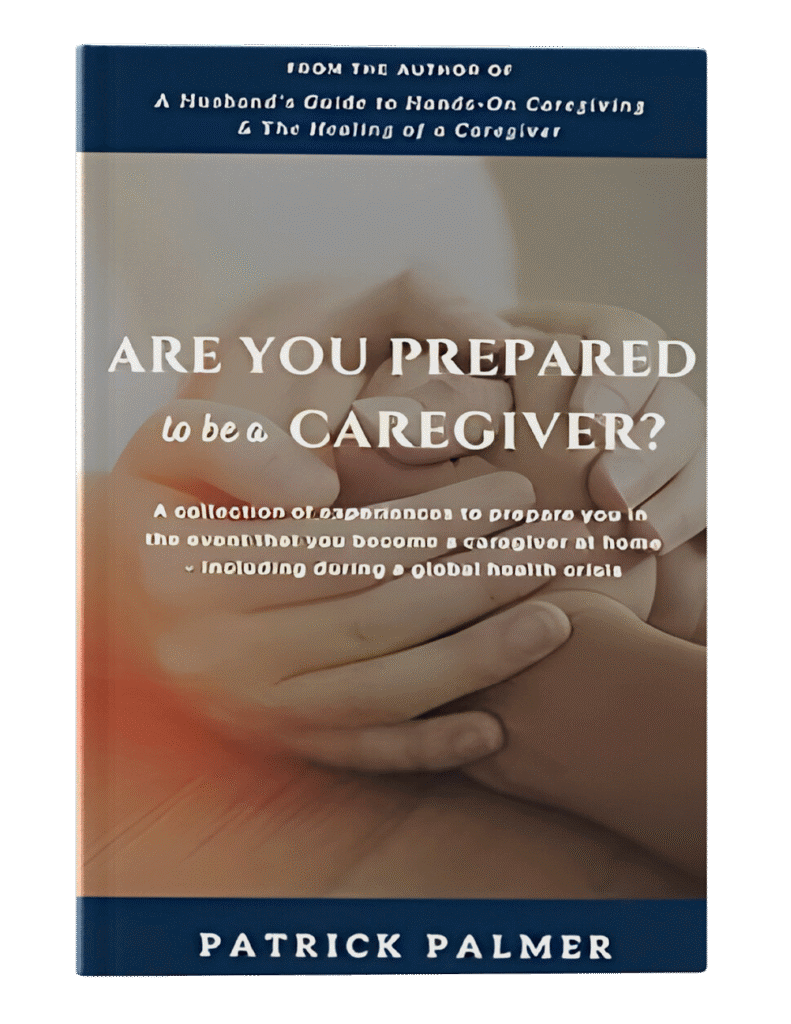What is the Average Hourly Pay for a Private Caregiver?
With the growing need for in-home care, many considerate people have rounded up to offer personal service to make a difference. From help with daily activities to companionship and basic medical care, private caregivers have been contributing substantially to the healthcare system. As great as this kind of work gets, the main question is: Is the financial reward worth the effort?
In this article, we will address all the financial aspects of being a private caregiver, explain private caregiver hourly pay, what factors influence the rates, and offer expert tips on setting and negotiating fair compensation. Let’s get started!

Factors Influence a Private Caregiver’s Hourly Pay?
Several vital factors influencing private caregiver hourly pay depend on wherein, how, and by whom the caregiving occurred. Some considerations worth remembering are the following:
Location Private Caregiver
Caregivers in urban centers or high-cost states like California, Massachusetts, or New York often earn more than those in rural or low-cost areas. Local demand and living costs drive these differences.
Experience andTraining
The Private Caregivers trained in subjects such as dementia care, mobility support, or first aid earn better than those with no formal training. Specialized skills increase both value and demand.
Type of Care Provided
Simple companionship or housekeeping tasks are less costly, while personal care such as bathing, feeding, or medication reminders is at a higher price point due to greater responsibility.
Work Schedule
More unusual hours, such as night, weekend, or holiday shifts, pay more. Shifts that require overnight stays or 24-hour watch will also incur a price increase.
Employment Arrangement
An independent caregiver may charge more to cover his taxes and benefits. In contrast, an agency caregiver typically charges less because it is overhead.
National Average Hourly Pay for Private Caregivers
As of 2025, the national average hourly wage rate for private caregivers across America has settled at approximately $16, meaning wages probably average around $15 and $18 per hour most of the time. This would be expected for caregivers offering non-medical in-home assistance with daily living activities.
Conversely, independent caregivers may settle on pay rates between $14 and $28, depending largely upon local economic considerations and the complexity of care being provided.
All in all, private caregiver hourly wages are variable due to a number of factors, such as the geographical location of the care being given, the qualifications of the caregiver, and the type of care demanded.
Private Caregiver Hourly Pay by State
Private caregiver hourly wages fluctuate based on cost of living, demand for care services, and state-specific labor regulations. The table below provides average hourly rates for private caregivers in selected states as of 2025.
State | Average Hourly Pay |
California | $24.40 |
Washington | $25.59 |
Massachusetts | $24.12 |
New York | $22.56 |
Colorado | $23.72 |
Oregon | $23.93 |
Alaska | $20.93 |
Florida | $20.32 |
Texas | $18.87 |
Illinois | $21.22 |
Georgia | $18.71 |
North Carolina | $18.79 |
Ohio | $19.66 |
Pennsylvania | $19.92 |
Arizona | $22.43 |
Michigan | $17.90 |
Minnesota | $23.29 |
New Jersey | $22.24 |
Virginia | $20.69 |
Wisconsin | $20.42 |
Private Caregiver vs. Agency Caregiver Pay
Private caregivers are hired directly by the families and often make higher living wages, $18 to $28 per hour, because they will be paying overheads like taxes, benefits, food, and scheduling. Without agency overhead, filling their pockets directly would mean more for the caregivers themselves, but with the burdens and risks of self-employment.
Agency caregivers are hired by home care agencies and generally make less, $14 to $20 per hour. Yet, they often receive certain benefits, such as health insurance, paid time off, and steady assignments.
So, private caregivers make more money, while agency jobs provide some stability. Deciding which suits one will depend on what the caregiver seeks versus the family’s requirements.
Smart Tips for Negotiating Caregiver Pay
Negotiating private hourly caregiver rates seems daunting; however, it is important for fair pay and a healthy workplace atmosphere. Here are some tips to reach a fair agreement:
Do Your Research: Understand local caregiver rates and the market situation to set realistic expectations and avoid underpricing services.
Highlight Experience and Skills:
Discuss your caregiving background, years of experience, certifications, and areas of specialized skills.
Consider the Level of Care: For more intense levels of care, such as operating medical equipment, memory care, or 24-hour supervision, demand higher hourly rates.
Be Clear About Your Needs: Discuss your availability and flexibility in scheduling will be favorable for a successful long-term experience.
Negotiate Benefits: If the family can’t meet your pay requirement, try offering additional benefits as compensation, like mileage reimbursement, paid holidays, or flexible schedules.
Set the Boundaries: Talk openly and clearly about job expectations, what you can (and cannot) give about care to prevent misunderstandings later on Private Caregiver.
Stay Professional and Open: Work from a place of respect and collaboration. Listen carefully, and aim for mutually beneficial terms that nurture long-term success.
Is Being a Private Caregiver Worth It Financially?
Like any profession, caregiving has all the perks and drawbacks. Here is a list of pros and cons to ascertain whether the profession is worth it for you financially.
Pros Private Caregiver
Trust with the long-term client equals loyalty.
Pick your own hours according to your lifestyle.
Decide how many clients or hours you want to take on.
Keep the entire amount you charge without sharing it with any agency.
More dollars in your own pocket per hour without any deductions made by an agency.
Cons Private Caregiver
No health insurance and no paid leave.
Deal with your taxes, insurance, and paperwork.
Gaps between clients, causing income instability.
Income greatly depends on retaining clients and the market demand.
At the end of the day, it all comes down to weighing the pros and cons and determining whether this profession is financially worth it based on your personal aims and situation.
Conclusion
Becoming a private individual caregiver might indeed allow one to earn money for free, but it also comes with many hurdles. There is independence with earning flexibility and better cash while enjoying personal fulfillment at work. Yet, freelancers need to be self-managing, financially careful, and able to deal with fluctuating income.
For more information and great directions, Patrick Palmer is a great resource. Patrick is an author, caregiver, and advocate for cancer research. He looked after his late wife Angela for six long years of suffering from terminal cancer. He went on to write several books based on his experience, giving great advice and support to caregivers. For more information about or to purchase his books, visit here.




